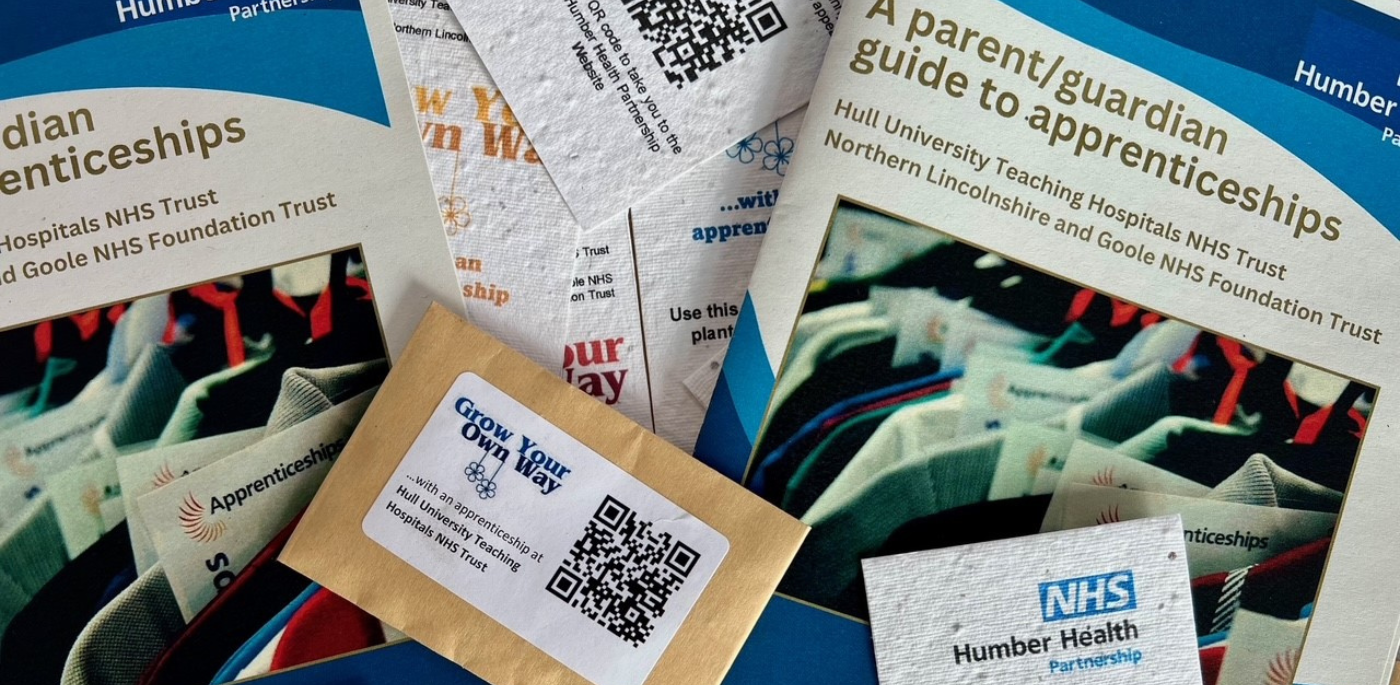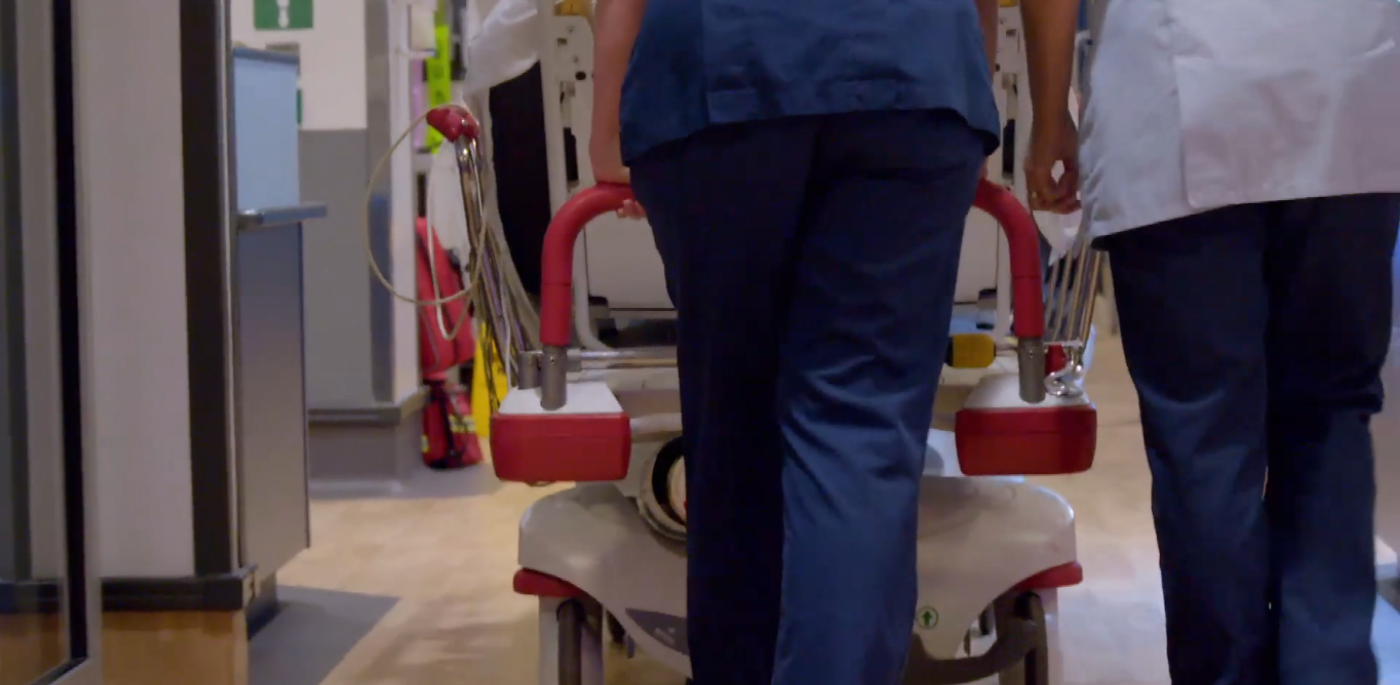Cervical cancer screening rates in Humber and North Yorkshire are now among the highest in the country thanks to the commitment and dedication of a Hull screening team.
More than 72pc of women aged 25 to 49 and almost 77pc of women aged 50 to 64 attended cervical screening appointments last year, much higher than the national average of 67.5pc and 74.9pc.
As well as being the highest in the region, Humber and North Yorkshire’s figures are higher than attendances in the North East and Yorkshire at 70.5pc and 76pc, South Yorkshire at 70.4pc and 75.8pc and 67.7pc and 75.9pc in West Yorkshire.
Now, the Colposcopy Team at Hull Women and Children’s Hospital have been credited with the increase in attendance rates thanks to their #smearnotfear campaign to encourage women to keep smear test appointments.
 Lisa Pearce, Operations Director for Family Services, said: “This amazing achievement is due to the effort and commitment the team has given to the development of the #smearnotfear campaign over the years.
Lisa Pearce, Operations Director for Family Services, said: “This amazing achievement is due to the effort and commitment the team has given to the development of the #smearnotfear campaign over the years.
“They have shown dedication to the cause and to women’s health in our area. Not only did they have the foresight to start up the campaign, they’ve kept the momentum going.”
The #smearnotfear campaign was launched by Nurse Colposcopist Sarah Bolton and her team in 2017. Since then, the team holds events in their own time to raise awareness including lighting up the hospital in teal, the colour associated with cervical cancer awareness, and attended major events including Hull Pride, Hull Freedom Festival, rugby matches and sporting events.
They’ve set up their own social media pages, released videos on TikTok including one video which attracted 4,500 views in two hours and supported targeted messaging to encourage Polish and Romanian women now living in Hull to have smear tests.
Sarah Bolton said: “Before we started #smearnotfear, our cervical screening rates were one of the lowest in the country despite the area having some of the highest rates of cervical cancer.
“We knew we had to do something to get the message out about the importance of coming for smear tests.
“We visit schools, colleges and health centres when we’ve got days off work to spread the word and it seems to be working. We love our jobs and our women and we’re so glad it’s making a difference.”


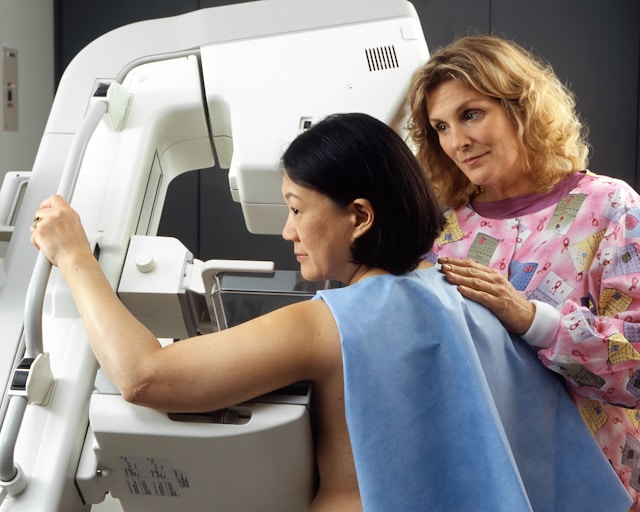

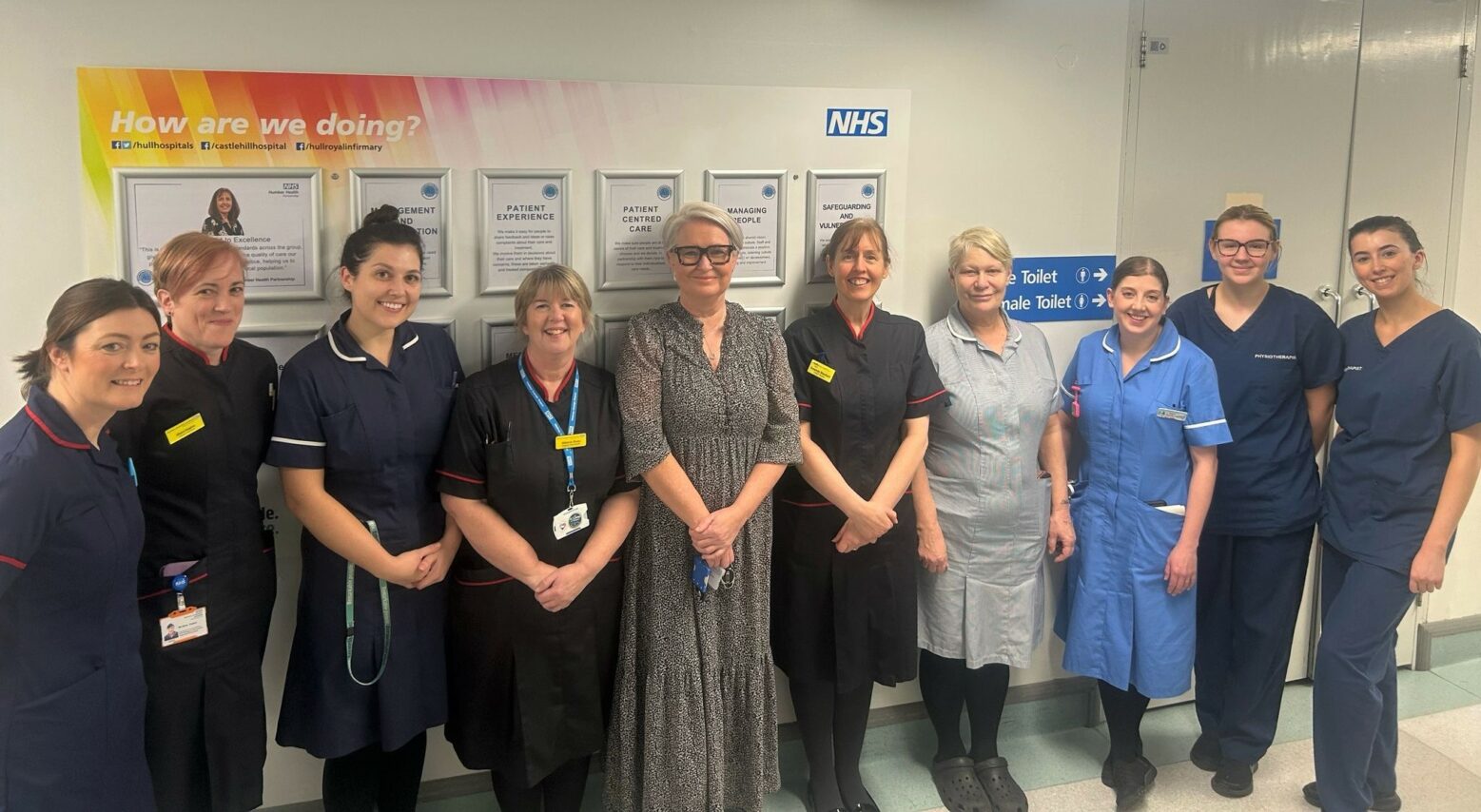


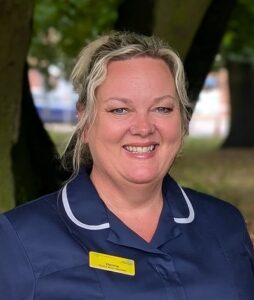
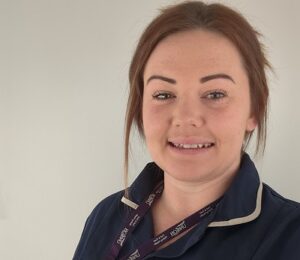

 However, more than 300 people from school leavers to older people seeking a new career direction attended the two-hour drop-in at the new Learning and Innovation Centre at Castle Hill Hospital in Cottingham.
However, more than 300 people from school leavers to older people seeking a new career direction attended the two-hour drop-in at the new Learning and Innovation Centre at Castle Hill Hospital in Cottingham.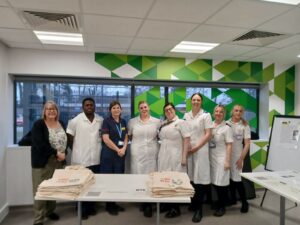 The group, which runs Hull Royal Infirmary, Castle Hill Hospital, Goole Hospital, Diana, Princess of Wales Hospital in Grimsby and Scunthorpe General, currently employs around 450 people studying towards an apprenticeship of some level in areas such as nursing, therapies, estates and facilities.
The group, which runs Hull Royal Infirmary, Castle Hill Hospital, Goole Hospital, Diana, Princess of Wales Hospital in Grimsby and Scunthorpe General, currently employs around 450 people studying towards an apprenticeship of some level in areas such as nursing, therapies, estates and facilities. Practice Development Matron Natalie Hall said apprentices currently enrolled in the nursing programme also attended the event to help speak to people keen to follow in their footsteps.
Practice Development Matron Natalie Hall said apprentices currently enrolled in the nursing programme also attended the event to help speak to people keen to follow in their footsteps.